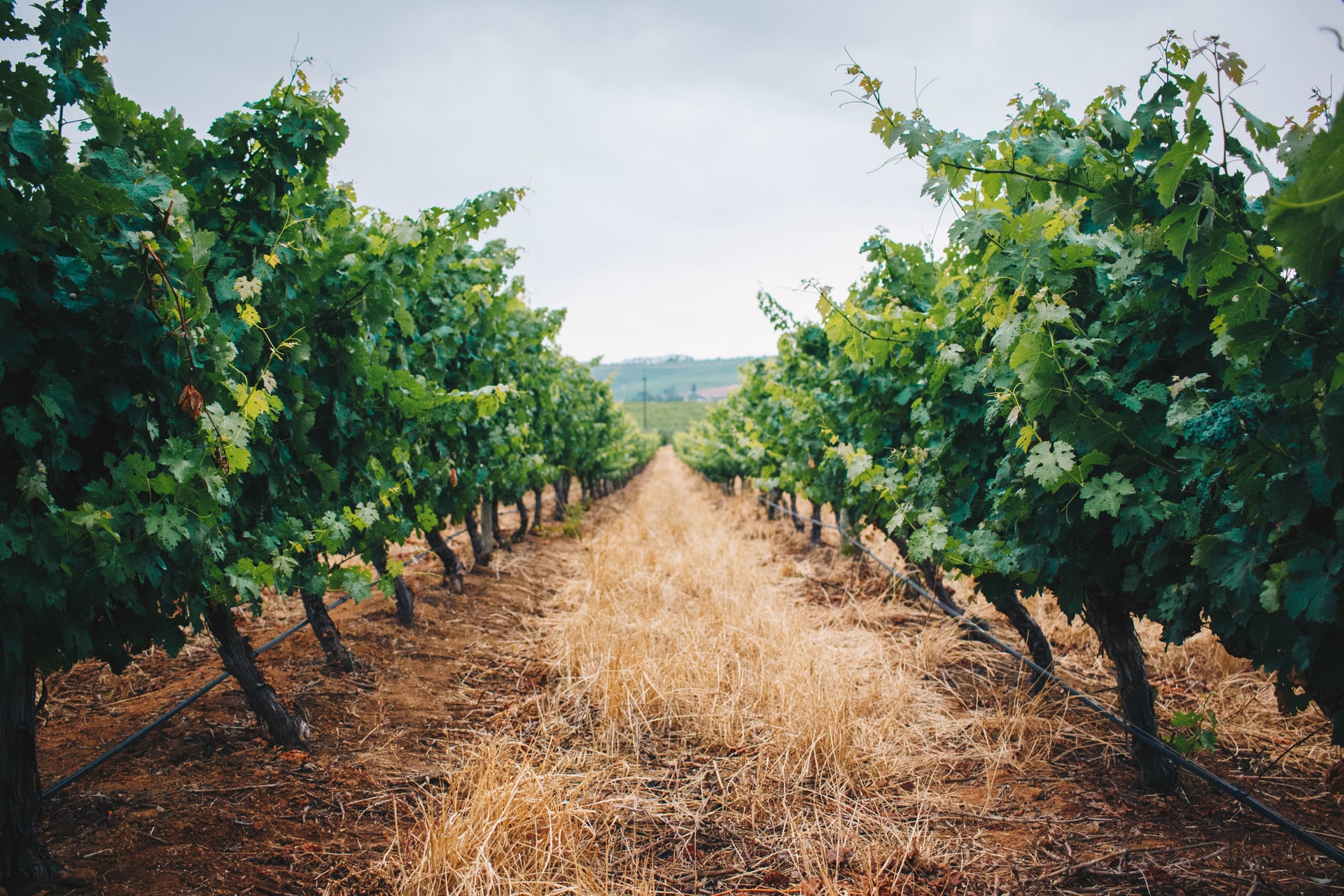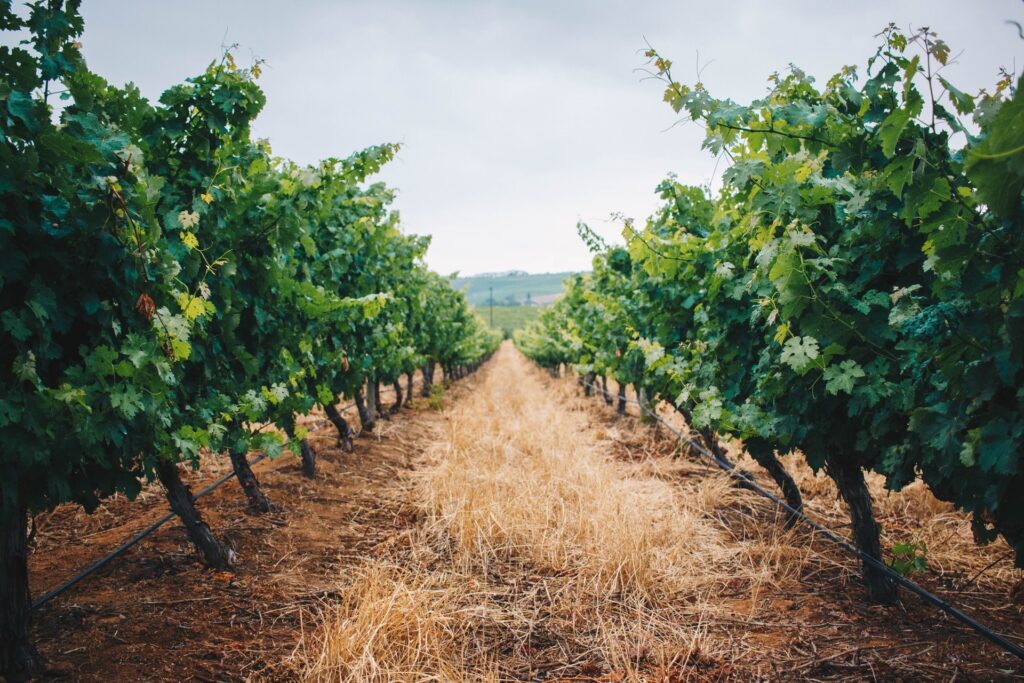Why Terroir Really Matters


In wine, terroiris everything. It’s not just where grapes grow — it’s how the land, climate, and human tradition shape what ends up in your glass. The word terroir (from French) refers to the complete natural environment of a vineyard: soil, weather, altitude, sun exposure, nearby vegetation, and even the cultural practices of the region.
Two wines made from the same grape can taste entirely different depending on their terroir. A Syrah from a cool, rocky hillside may be peppery and fresh, while the same grape grown in a hot valley might be bold, rich, and jammy.
What Makes Terroir Important?
Flavor and Aroma: Terroir gives wine its unique personality. Volcanic soil can add minerality, coastal breezes can bring salinity, and high elevations preserve acidity.
Balance and Structure: Climate and soil affect how grapes ripen — influencing the wine’s alcohol level, tannin structure, and freshness.
Authenticity: Wines that reflect their terroir feel honest and specific. You’re not just tasting a beverage; you’re experiencing a place.
Aging Potential: Some terroirs, especially those with poor, well-drained soils and temperate climates, produce wines with incredible aging ability.
Why It Matters to You
Understanding terroir helps wine lovers go beyond grape varieties and brands. It encourages exploration: Why does a Pinot Noir from Oregon feel different than one from Burgundy? Why do island wines often taste so alive? At ExoticWine.guru, we search for wines that tell the story of their origin — from wild tropical vineyards to mountain terraces. These are wines that couldn’t come from anywhere else. That’s why terroir matters: it makes wine unforgettable.